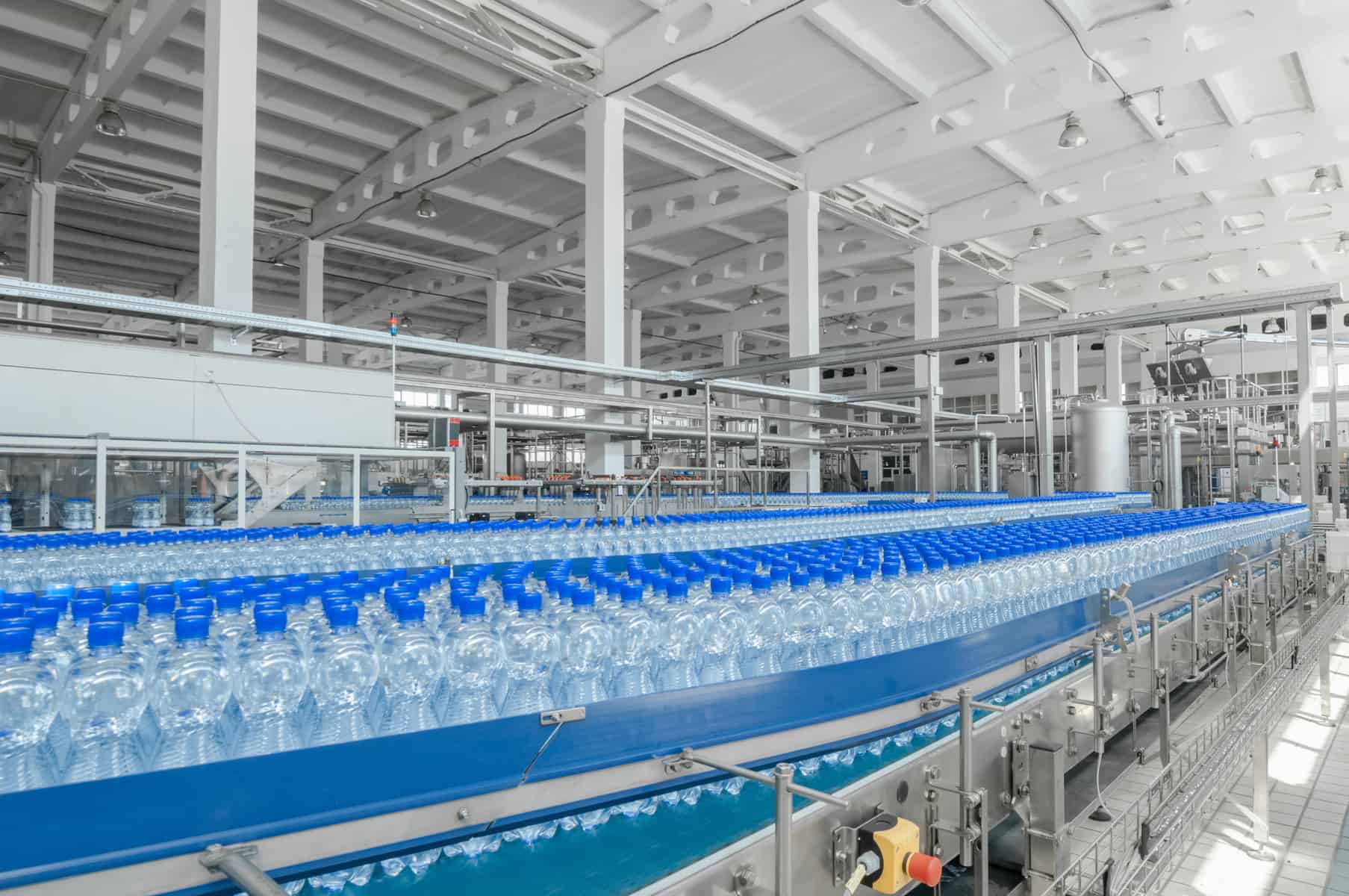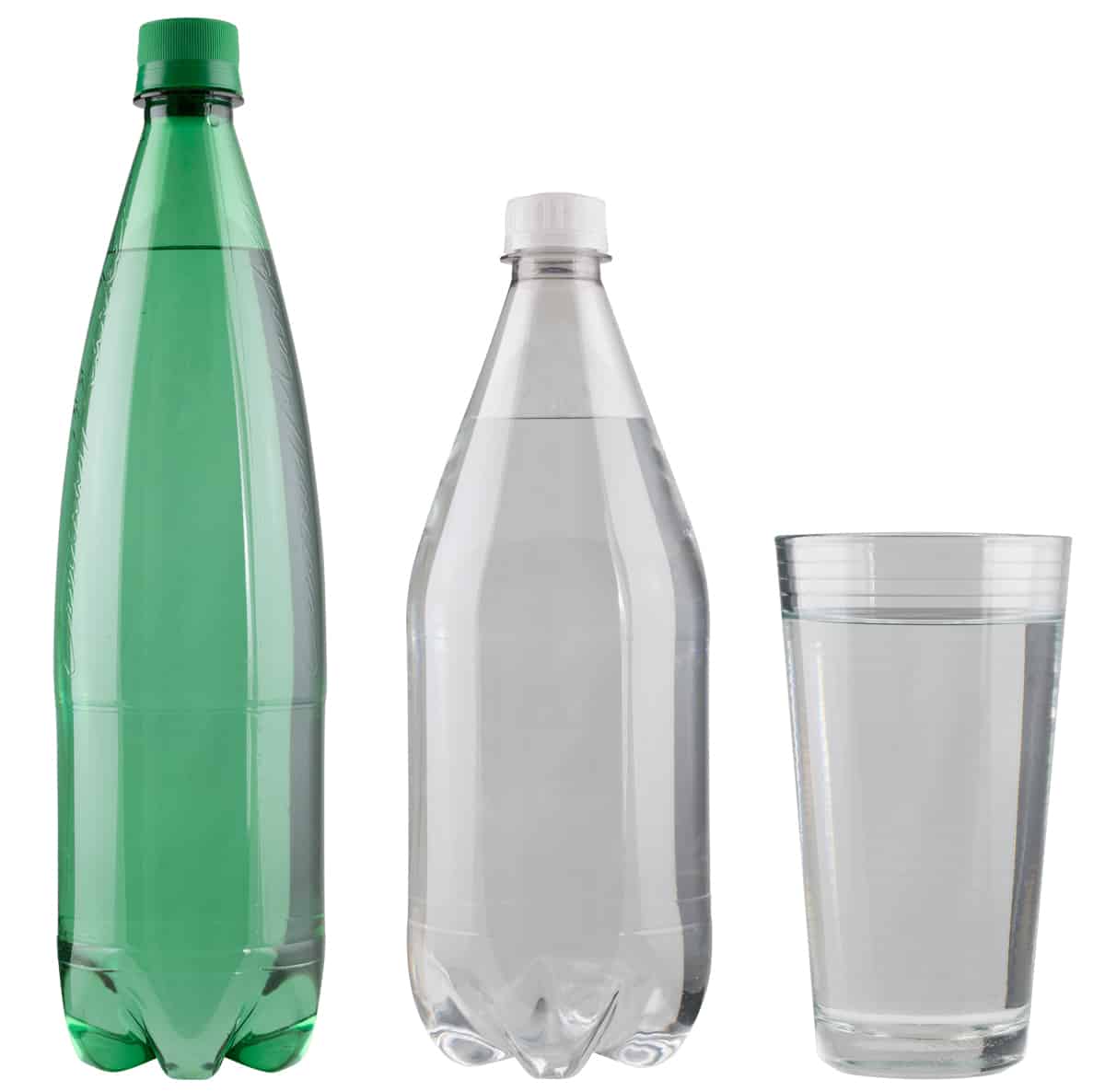
Every step involved in producing bottled water—from treating the water, making the bottles, and shipping it to its final desintation—requires energy, and both the water’s quality and its location affect the amount of energy embedded in the process. For locally sourced bottled water, producing the bottle itself outweighs other energy requirements. However, long-distance transportation increases energy requirements substantially. Other energy requirements include those for processing, bottling, sealing, labeling, and refrigerating.

The vast majority of single-use plastic water bottles are made from a thermoplastic polymer resin. Combining the estimate of the energy required to make the plastic and to form it into bottles with the average weight-to-volume ratio results in a manufacturing energy cost of around 4.0 MJ per 1-liter bottle. This estimate includes the energy required to convert raw materials into resin, the energy required to turn resin into bottles ready for filling, and the energy required to transport bottles to the filling plant.

Purified water sourced and bottled within 200 km of the store and delivered by truck has a total transportation energy cost of around 1.4 MJ per liter. French spring water shipped by truck from the source to French ports, by ship across the Atlantic, by train from the East Coast of the United States to Los Angeles, and then locally by truck has a transportation energy cost of around 5.8 MJ per liter.
Source: P H Gleick and H S Cooley, “Energy implications of bottled water,” Environ. Res. Lett. 4 (2009)
Image Credits: warloka79/stock.adobe.com; Jeffrey M. Phillips/Webber Energy Group; Golden Sikorka, Jeffrey M. Phillips/Shutterstock.com, Webber Energy Group.
Update your browser to view this website correctly.Update my browser now